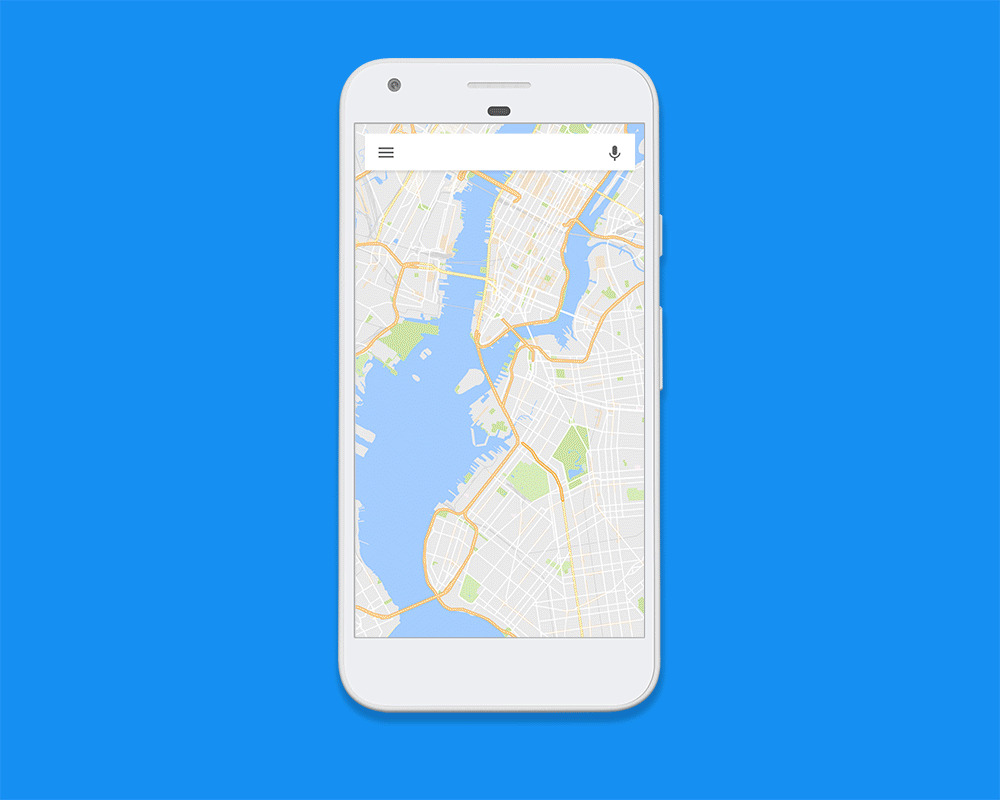Google calls on Local Guides to add wheelchair info to Maps
Getting around on wheels might sound classy, but there is one wheel-based mode of transportation that isn't always fun. Laws requiring establishments to have wheelchair accessible features are inconsistent and inconsistently followed anyway, giving users double the difficulty and the uncertainty. In its mission to index the world's data, including accessibility information, Google is rallying its Local Guides everywhere to take just a few seconds to note whether a location is wheelchair-friendly or not, a simple act that could make a world of difference for someone.
Google actually announced the addition of wheelchair accessibility information to Google Maps back in December last year. However, there are just some things that its new and improved Street View cameras or imaging algorithms won't be able to do, like identify wheelchair ramps or see inside buildings. For that, Google is resorting to good old-fashioned human labor.
Before there was Pokemon GO, Google was already harnessing the power of humans who loved to get around with Local Guides, its gamified program for adding information to Google Maps that the tech giant itself wouldn't be able to do easily on its own. These pieces of information ranged from business hours of establishments to 360-degree photos of remote or inaccessible locations to, now, wheelchair access.

Users enrolled into the Local Guides program can simply go to their contributions page to answer three wheelchair-related questions about a place they visited. They don't even have to wait to visit a place to do that. Android users can actively seek out locations that still lack that information, almost like a scavenger, or Pokemon, hunt. Google also has meetups where Local Guides get together to explore new places and, of course, add information for Google.
Google says it only takes a few seconds to answer three questions, but those few seconds can have a significant positive impact for those too unsure whether a place will be welcoming to them or not. And it's not just wheelchair users themselves that are helped by the added information. Families and friends will similarly be sure if an establishment will be able to accommodate their loved one or if they have to find a different place instead.
SOURCE: Google
